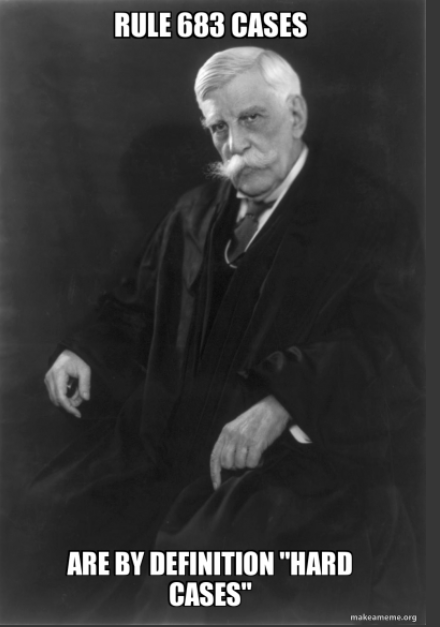 Lua v. Capital Plus Financial addressed, and rejected, a number of challenges to a judgment of eviction in a forcible entry and detainer action. In particular, as to the appellants’ claim that “because Capital Plus failed to submit an affidavit verifying its observance of certain requirements prior to the sale of the property, there are defects in the sale,” the Fifth Court distinguished the main case relied upon by appellants:
Lua v. Capital Plus Financial addressed, and rejected, a number of challenges to a judgment of eviction in a forcible entry and detainer action. In particular, as to the appellants’ claim that “because Capital Plus failed to submit an affidavit verifying its observance of certain requirements prior to the sale of the property, there are defects in the sale,” the Fifth Court distinguished the main case relied upon by appellants:
The Luas rely on A Plus Investments Inc v Rushton, No. 02-03-00174-CV, 2004 WL 868866 (Tex. App.—Fort Worth Apr. 22, 2004, no pet.) (mem. op.), for the proposition that the alleged defect in the statutorily-required presuit notice required the trial court to abate or dismiss this case. However, A Plus held that the county court lacked jurisdiction over a forcible detainer suit “[b]ecause an unresolved question of title was so intertwined with the right of possession that the action could not have been adjudicated without first determining title.” … Accordingly, the defect alleged by the Luas does not present the same fundamental issue that was present in A Plus.”
No. 05-19-01227-CV (May 26, 2022).










